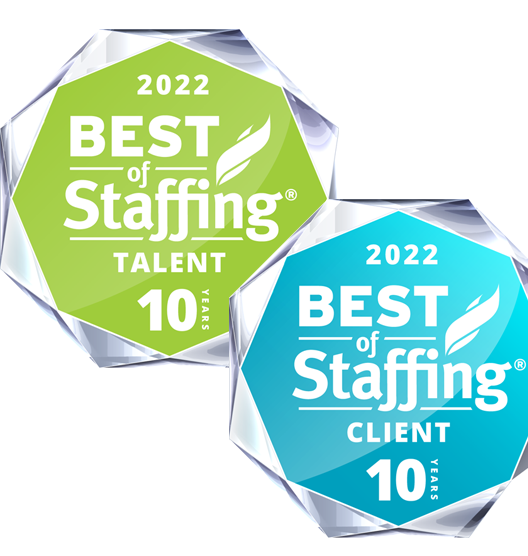|
Enhancing Performance by Training Your Mind
By: switchandshift.com
|
|

There is much media hype around mindfulness and its benefits for individual health and well-being. But what does this mean for an organization? Sure it's great to have employees who are happier and healthier. But can mindfulness also be beneficial in terms of corporate results? The answer to this question is a resounding "Yes!" There are three challenges every human resource professional should understand about the mind and how mindfulness training can help enhance performance by overcoming these limitations. The First Challenge: The mind wanders making it difficult to maintain focus and attention at work. According to science, during almost half of our waking hours our mind is wandering. From an evolutionary perspective, the ability to think about events that are not happening right now was a significant advantage. But in today's complex, fast-paced, demanding work environments, it just makes us less productive and more likely to make mistakes. If you aren't sure whether this is true for you, try this simple exercise. Set a timer for one minute. Pick a thought and think about only that thought and nothing else until the time ends. If you found it difficult to maintain focus on one thought, you are perfectly normal, you have a wandering mind. But you don't have to accept it as is. A growing body of scientific studies demonstrates that the mind can be trained to enhance focus. The mind is like a muscle. If we want it to be fit, fast and high performing, we need to train it. And specifically, mindfulness training has been shown to enhance focus so we are better able to manage our attention. The Second Challenge: We can get addicted to activity and be busy but not productive. There is a significant difference between activity and productivity. When we are caught up in being active, chemicals in our brain reward us for doing things regardless of whether those "things" are aligned with individual and organizational goals and priorities. (Think "Candy Crush" as an example of how the brain can get excited about meaningless outcomes.) Our brains like to be active. Therefore we can get caught up in doing lots of things but not necessarily getting the right things done. In fact, we can get addicted to activity, which means we keep ourselves busy with emails or other instant activities, regardless of their value. If you aren't sure whether this applies to you, try this exercise. Set a timer for one minute. Sit in your chair without reading anything or talking to anyone -- just sit and do nothing. If you feel the urge to act, you may be suffering from a degree of action addiction. But it is a curable affliction. Mindfulness training has been proven to help us with impulse control. It helps us clear a cluttered mind. It helps us pause in a moment of busyness and make a choice on what is most important to do now. The Third Challenge: Our brains are habitual, making it easy to get caught in negative work patterns and making it difficult for organizations to change. Most of us spend most of our time thinking and behaving in habitual ways. Even if we recognize benefits of changing how we operate, our brain's natural response is to resist. It prefers things to be done like they were before which can be limiting in modern-day work environments. To test this out for yourself, close your eyes and visualize hearing news that the leader of your organization will announce major changes tomorrow morning. Take a moment to reflect on how this makes you feel. Are you excited to hear what's in store or dreading what your brain has already decided will be bad? But we don't have to be a victim of our brain's negativity bias. With practice, we can train ourselves to be more open to other ways of looking at things and find opportunity even in difficult situations. And if the pace of organizational change continues to increase, having a more flexible, adaptable, creative mind is a competitive advantage. Mindfulness training is not just for tree huggers and yoga practitioners. It is for leading-edge, forward-thinking "rebel leaders" who understand our neurological limitations and see value in the skillful introduction of mindfulness in their organization's culture. As amazing and powerful as the human brain is, it has limitations that can prevent us from being our best at work. Mindfulness training, when skillfully brought into modern day workplaces, can help individuals and organizations improve performance and well-being. We refer to this as the power of getting "One Second Ahead." Specifically, getting one second ahead of your brain's natural neurological tendency to wander, get addicted to activity, and crave predictability. Being less on autopilot and more in the driver's seat of your attention to achieve desired results. This is not only hugely beneficial for individual performance, but also toward realizing organizational goals and objectives. |
|
resource center
The Watercooler Blog
Get workplace tips and trends related to employee retention, engagement, interviewing and more.
Fill 'er up
Top 0.5% in America!
PrideStaff has earned ClearlyRated's Best of Staffing Client and Talent 10-Year Diamond Awards for 3+ years. Less than 0.5% of all staffing firms receive this level of achievement.
See all our awards



